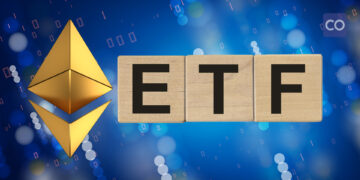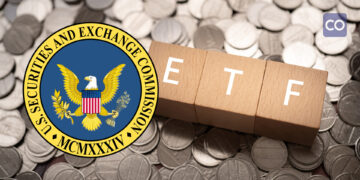An exchange is a structured trading platform where financial assets like cryptocurrencies, commodities, and securities are bought and sold. This exchange can function either in a physical location or on an online platform. Numerous conventional exchanges, originally limited to in-person trading, have now incorporated digital services to facilitate electronic trading, also called paperless trading.
An exchange primarily offers liquidity in a safe and structured trading setting, functioning as a middleman for traders to conveniently purchase and sell their assets with reduced exposure to financial hazards.
Trading platforms can be categorized based on the type of transactions they facilitate. Traditional exchanges typically handle spot trades, which involve immediate settlement. Conversely, some platforms specialize in derivatives trading, including futures and options. Trading platforms can also be differentiated based on the financial instruments they handle, such as cryptocurrency, stocks or securities, commodities, and foreign exchange (Forex). However, it’s worth noting that many platforms offer a diverse range of services and trading options. For example, numerous commodities platforms also facilitate futures trading.
In the realm of stock exchanges, the principal exchange of a particular nation is referred to as the primary exchange. Some instances of these primary exchanges are the New York Stock Exchange, the Tokyo Stock Exchange, and the London Stock Exchange. Most stock exchanges enforce stringent listing criteria, guaranteeing that only firms that satisfy specific prerequisites are successfully listed.
Within cryptocurrencies, digital exchanges serve as a marketplace for users to swap one type of cryptocurrency for another or to purchase and sell their coins for traditional currency. Currently, most cryptocurrency exchanges operate on a centralized system overseen by a private entity that functions as a middleman and handles all trading and transaction activities. The primary benefits of such centralized exchanges are their user-friendliness and liquidity. However, these centralized systems are vulnerable to operational interruptions and cyber threats, making security a significant concern. Given that users must entrust their assets to the company to facilitate trading, selecting an exchange that has demonstrated reliability and robust security is crucial.
Decentralized cryptocurrency exchanges, or DEXs, were developed as an alternative to their centralized counterparts. These platforms eliminate the requirement for an intermediary, conducting trades and transactions within an automated, trustless environment that relies on smart contracts. While these exchanges are less prone to cyber threats and infrastructure failures, they cannot offer fiat currency services like fiat-to-crypto exchanges or fiat withdrawals and deposits. Furthermore, these exchanges typically see lower trading volumes due to their lesser popularity and limited functionality than centralized exchanges.






